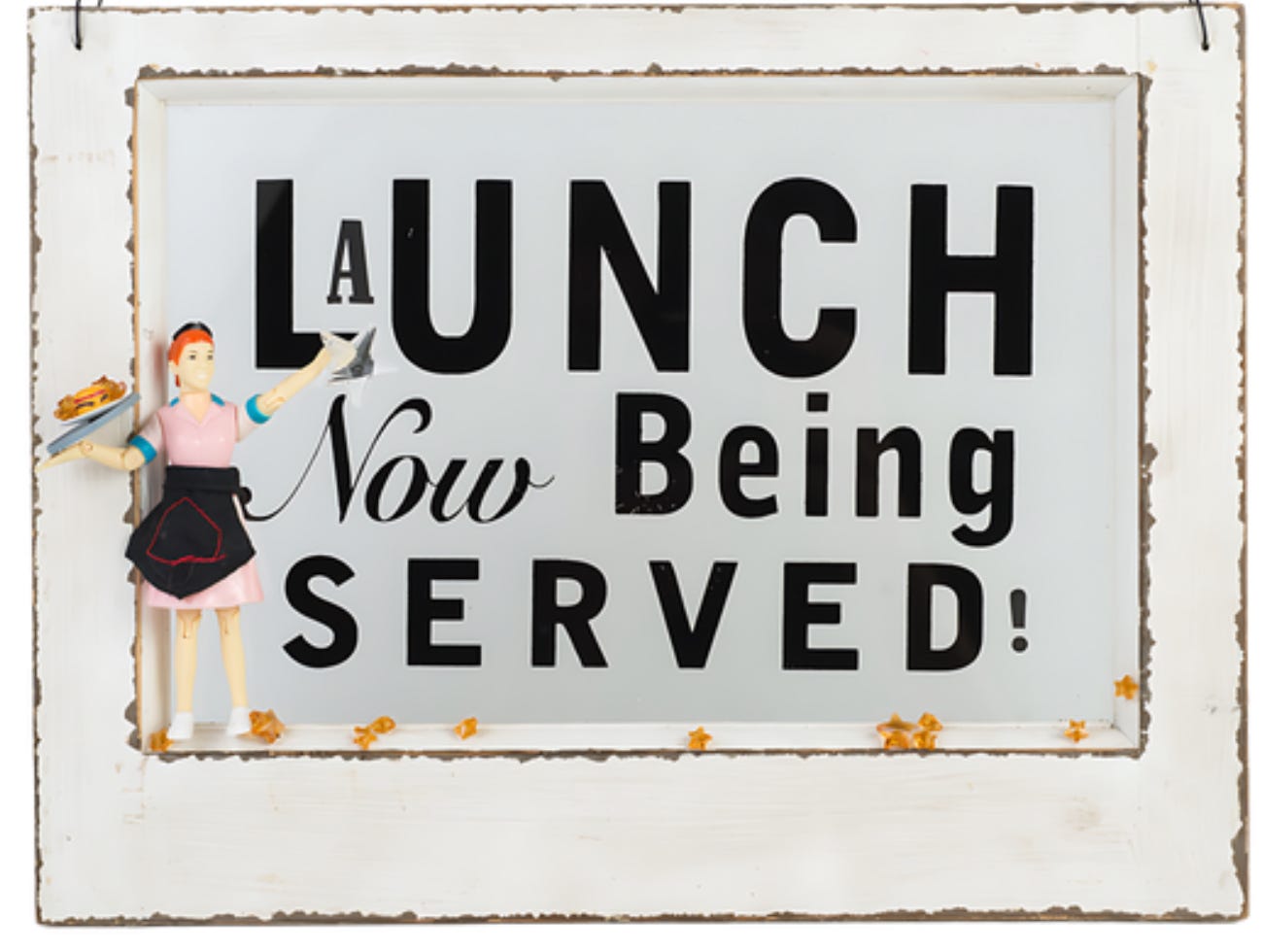The Power of Language
Why Having the Right Words is So Valuable for Survivors of Narcissistic Abuse
The Confusion of Narcissistic Abuse
Anyone who's endured the soul-sucking insanity of a relationship with a Jekyll and Hyde, hot-and-cold, "now you see 'em, now you don't" narcissist knows how difficult it is to describe this situation. These toxic relationships leave you reeling, scratching your head, and wondering WTF is going on? (The universal question of survivors everywhere.)
Survivors of narcissistic abuse often feel like we’re going crazy. We ask themselves:
Why is this person who once professed undying love now treating me like garbage? (And eventually discards us as if we are garbage.)
What went wrong?
Was it all my fault? (The narcissist, of course, tells us it is—blame shifting is a favorite tactic of narcissists everywhere.)
Survivors end up feeling unworthy, not good enough, and unlovable. And at a loss for words to describe our bizarre situation to themselves or to others. After all, who would believe us when the narcissist presents such a shiny perfect image to the outside world? How does one begin to make sense of something that seemingly makes no sense?
The experience of narcissistic abuse is often so confusing and disorienting that survivors struggle to articulate what they're going through. This inability to express our experiences can lead to further isolation and self-doubt.
The Power of Naming the Experience
Here's where the power of language comes into play. Having the right words to describe something as crazy making as narcissistic abuse helps you wrap your head around it. It helps you make sense of seeming non-sense. When you realize there are actually terms such as gaslighting, hoovering, love bombing, etc. things begin to fall into place. You realize you didn't imagine your experience, it's not all in your head, and that others have been there, too. Why else would there be a whole vocabulary to describe it?
Narcissistic abuse, it turns out, has a language all its own, a specialized vocabulary that speaks on an emotional level to other survivors. Whether it's "flying monkeys," "smear campaign," or "word salad," it's incredibly helpful and satisfying to be able to put this mindfuck of an experience into words that capture the unique craziness of it all. Essentially we can now "name it to tame it."
By giving names to specific tactics and behaviors, we can begin to understand the patterns of abuse they've experienced. This naming process is empowering, as it moves the experience from the realm of the inexplicable to something that can be understood and addressed.
The Validating Effect of Shared Language
Having emotionally evocative and specific words to describe what you're going through not only validates your experience (You're not crazy! It's not only you!) but helps you communicate it and share it with others who have experienced something similar. What a satisfying feeling it is to say to another survivor (or to a therapist), "He's always future faking" or "She uses word salad to keep me off-balance" and get an immediate nod of understanding from someone who's been there or who "gets" it.
It takes a village to heal from narcissistic abuse, and I'm happy to tell you that this village actually has its own powerful vocabulary there at your disposal.
This shared language creates a sense of community among survivors. It validates our experiences and helps us realize we’re not alone in what we’ve been through. This connection can be a powerful force in the healing process.
Language as a Source of Protection and Empowerment
Having a name for what we’ve been through helps us identify the typical patterns of narcissistic abuse, be on the lookout for a narcissist's manipulative tactics, and identify any red flags. In other words, having language protects us!
We doctors have our own specialized vocabulary, therapists have theirs, lawyers have theirs, etc., etc. Now survivors of narcissistic abuse do, too. Narcissistic abuse, like all abuse, thrives in silence and in the dark. By giving words to our shaming experience, survivors are shining light into the darkness and reclaiming our silenced voices. We’re facing the reality of the abuse, and are now able to name it, tame it, de-shame it, and ultimately reframe it.
Language doesn't just describe our experiences; it shapes them. By having the words to identify abusive behaviors, we survivors can protect ourselves from future manipulation. We can set boundaries, recognize red flags, and make informed decisions about our relationships.
This, my friend, is the power of language.


